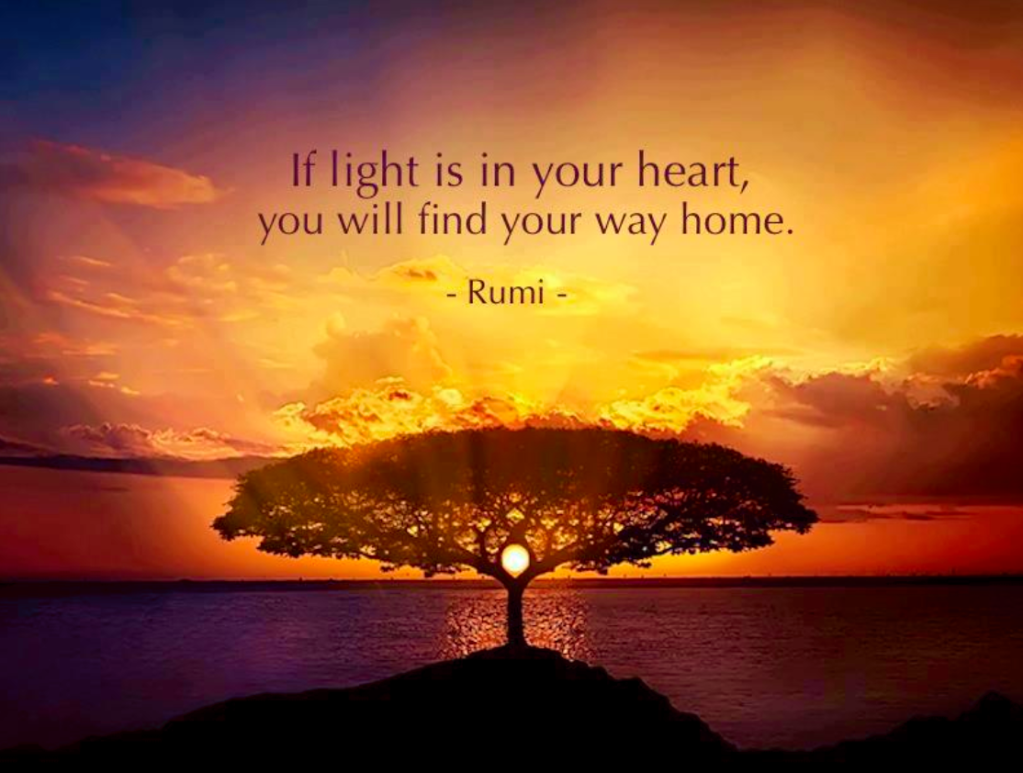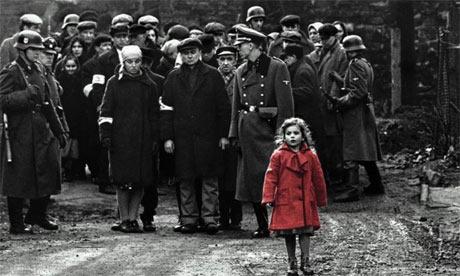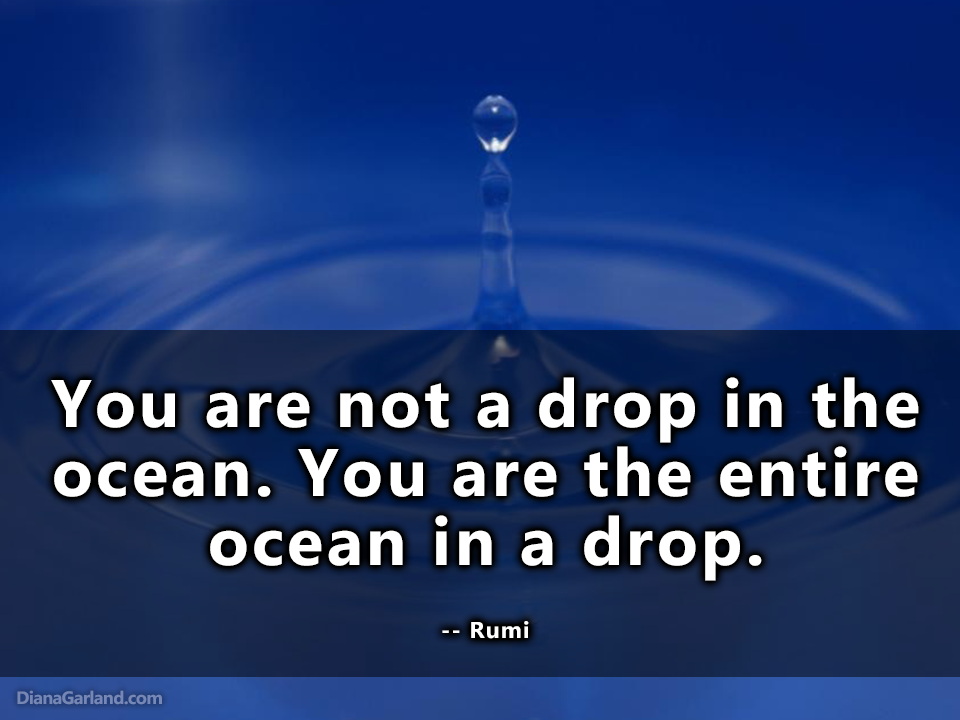
Criticism is important; without it, poor ideas go unchecked and new opportunities are missed. If people like Galileo and Newton had never bothered to question accepted wisdom; if inquisitive minds like Sigmund Freud or Alfred Kinsey had not thought to explore taboo topics, we'd all be lesser for it.
There is a huge chasm, however, between criticism and opposition for opposition's sake.
One seeks to move the conversation and with it, understanding forward; the other simply seeks to stop conversation dead in its tracks. It's why in Politics, the goal of Opposition Parties is to grind government to a halt; it's why violence is the weapon of choice for those who've run out of ideas.
One seeks to move the conversation and with it, understanding forward; the other simply seeks to stop conversation dead in its tracks. It's why in Politics, the goal of Opposition Parties is to grind government to a halt; it's why violence is the weapon of choice for those who've run out of ideas.
Goldenberg makes some excellent points; online anonymity is a refuge for cowards, though not the last one - merely the latest. This can be a good thing and a bad thing; whistleblowers fearing for their careers and, in some cases, their life may want to do the right thing but not be prepared for martyrdom.
At the same time, there are the trolls; these are the people who will say online under pseudonyms what they would never say in person. These are also the folk who will break a window in a riot because they feel they won't get caught, or will join in a lynching when there's already a crowd with noose in hand.
But these people aren't an isolated demographic, one group that can be singled out - they are people, just as we are. Therein lies the great irony and the deepest lesson.
 We dehumanize people when we take away their names - by calling someone an infidel, a Jew, a faggot, a bleeding-heart, red-neck, latte-sipping urban elitist, monster or any number of variations, we are removing their individuality to better fit a simple, emotionally satisfying narrative.
We dehumanize people when we take away their names - by calling someone an infidel, a Jew, a faggot, a bleeding-heart, red-neck, latte-sipping urban elitist, monster or any number of variations, we are removing their individuality to better fit a simple, emotionally satisfying narrative. It's why, over time, we've feared and loathed the Inscrutable Oriental, the Arab menace, the 1% or the unwashed masses. It's why the bad guys we dreaded most, be they the zombie apocalypse, the hive-minded aliens, partisans or The Other can always be understood as one homogeneous collective.
When trolls hide behind anonymity, they are equally stripping away their own individuality. Perhaps the unaccountable attack makes them feel powerful, as does being part of a mob, but the very act of slipping into a pseudonym turns a person into a caricature, interchangeable with any other troll. When we can and do act without consequence or attack without consideration, we dehumanize ourselves as well. We trip away the thin veneer of civilization and revert to nothing more than animals.
It's beyond tragic that those who will raise their voices the loudest in defence of individual liberty and free speech as often as not are seeking freedom from everything that makes humanity special.
 It's never been freedom and anonymity that has made us distinct, nor isolation or stagnancy; it's ownership, individuality and the ability to become more than what we are. The flip side of I may disagree with what you say but will defend your right to say it is think before you speak.
It's never been freedom and anonymity that has made us distinct, nor isolation or stagnancy; it's ownership, individuality and the ability to become more than what we are. The flip side of I may disagree with what you say but will defend your right to say it is think before you speak.
Thinking is not innate.
Which is why this is where I part ways with Adam Goldenberg. After much study, thought and conversation, I've come to the conclusion that we are all-too often hung up on romantic notions of the superhuman ancestor, the idea that in simpler times we were better people. I don't see much support for this in history.
As such I don't feel that, with the Internet, our collective decency is at risk. I don't think there has ever been a collective decency. In fact, I'd argue that stigma is an evolutionary development that was intended to keep small kinship groups safe from predators, competitors and illness.
The idea of collective decency isn't something we're straying from, but moving towards.
It's a slow, tedious, painful process with almost as many steps backwards as there are forwards, but such is always the nature of progress.
We began with the naming of things - ascribing unto them labels and identity born of our own perception. This is language.
Where we're moving to is understanding the names others give themselves. By understanding how others view themselves and us, we better understand who we are, as individuals. Call it an introspective property inspection as well as an exploration of society's holdings. It's also known as mindfulness or consciousness.
Conscience may make cowards of us all, but consciousness is all about ownership. And light.


No comments:
Post a Comment